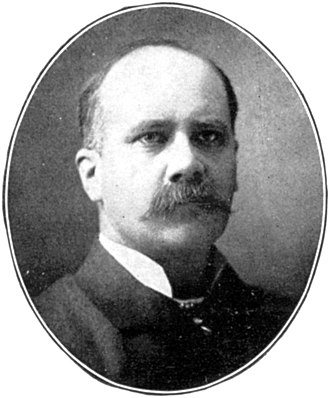

In 1896, a pastor named Charles M. Sheldon started a series at his church that became a best-selling book that has sold millions of copies and is now free online. The book was In His Steps, and the question he posed to his congregation in that book was “What would Jesus do?” He encouraged his congregation to go through each day and, with every decision they made, to ask this question.
When he told his congregation to start this practice, he was making some assumptions. For example, he was assuming that they knew what Jesus would do. He was assuming that the primary problem was not one of knowledge but one of will. He assumed that they knew how they should live and what they should choose. He assumed they just weren’t doing it.
There are, of course, those who think Jesus was too high, too far from our level to be an example. As well-intentioned as this sentiment might be, it is neither biblical nor theologically correct. Paul tells the Corinthians to follow his example as he follows the example of Christ (1 Cor. 11:1). Paul was not an angel or a superhuman. He was another Christ-follower like us, a servant and son of the Lord Jesus Christ.
Similarly, the early Christians quickly realized that Jesus was both fully human and fully divine. For the last two thousand years, Christians have rejected any attempt to minimize the humanity of Jesus. Several teachings were rejected in the 300s and 400s that ignored Jesus’ humanity in deference to his divinity. It is both fully Scriptural and orthodox to see Jesus in his humanity as a model of what we as humans should be like.
If we want to know what Jesus would do, we need to read the Gospels. After all, they show us what Jesus did. At the center of what Jesus would do is the cross. Paul holds up Jesus as a model for the Philippians when he told them to have the same attitude that Jesus did when he emptied himself of his divine rights and privileges and became a servant (Phil 2:5-8). He humbled himself even to the point of death, and he did it for others. So, Jesus bids us to take up our cross as well and follow him (Matt. 16:24-26).
What is taking up our cross but living a life centered around the love of God and others? When Jesus was asked what God expected of humanity, he quoted the Old Testament Scriptures that say to love God and to love our neighbor (Matt. 22:37-40). In Matthew 5:43-48, Jesus makes it clear that loving our neighbor includes loving our enemy. He uses the example of God the Father, who gives sun to the whole world. Clearly, our enemies include everyone on this planet!
We tend to make things complicated to wiggle out of this command. But, but, but! We rationalize, which is to use smart-sounding excuses in order to justify doing what we really want to do even though deep down we know it’s wrong or off. Any choice we make that does not cohere with love of God and neighbor is a misapplication of Scripture and out of sync with the character of God.
The Sermon on the Mount gives us the heart of what Jesus would do. In the Beatitudes (Matt. 5:3-10), Jesus paints a picture of followers whose values are opposite those of the world. They have an attitude of dependence on God rather than self-sufficiency and reliance (“poor in spirit”). They likely face hardship for their faith and mourn now, trusting in their future reward (Matt. 5:4-5, 10). They strive for peace when everyone else is powering up for a fight (Matt. 5:7-9). The world and the worldly-minded in the church often run over them, but theirs is the kingdom of heaven.
They do not follow the letter of the rules but the spirit, which means their keeping of God’s law goes deeper (Matt. 5:17-48). They not only stop short of killing. By the Spirit’s power, they shun the temptation to hate. They not only stop short of adultery. They do not allow themselves to daydream or fantasize about the possibility.
They do not plot revenge. They do not plot takeover. They do not lust for earthly power. They shame those who strike them by offering their other cheek (Matt. 5:38-42). When someone tries to take advantage of them, they shame them by giving them more than they demand. When a Roman soldier – or an unjust authority demands they carry something a mile, they shame them by carrying it for two.
These are difficult words. Many of us want to fight. Others of us want to flee. God can give us the courage to retreat when it is appropriate and the courage to resist when it is appropriate. Often it is when our natural impulse is to do the opposite.
The rest of the Sermon on the Mount tells us not to wear our righteousness like a show (Matt. 6:1-18). Jesus tells us not to worry – much easier said than done, but with God, all things are possible (Matt. 6:25-34). In Matthew 7, Jesus tells us not to judge. He tells us to ask for his help in prayer. He warns us how easy it is to slip into pretending that we are following Jesus and rationalizing our attitudes when in fact, they have gone astray (Matt. 7:21-23).
We can do none of these things without the power of the Holy Spirit. The danger is that we just try harder and fail because we are doing it alone. The body of Christ is also a great God-given support and means of God’s grace. Don’t go it alone. The Lord is with you, and the community of faith is too!